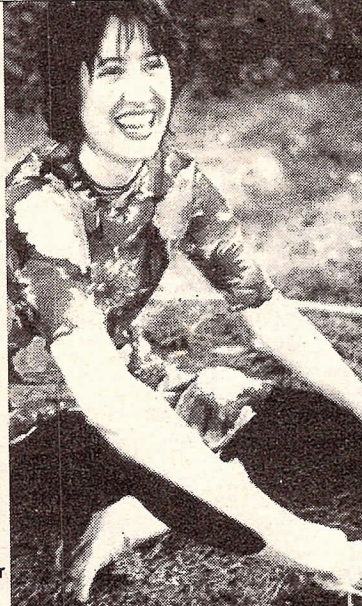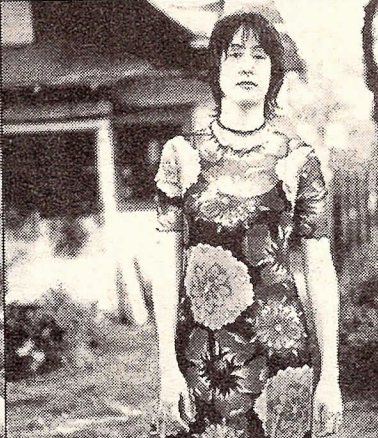Shock to the System
Folkie Michelle Shocked told the music industry to kiss off. Now she minds her own business
There are few artists who, upon reaching a degree of fame and fortune, voluntarily turn away from the bright lights of the music-making machinery and start again on their own terms. But that’s precisely what Michelle Shocked did.
In her three varied recordings with Mercury, the singer-songwriter showed rare promise. Her solid songwriting in the folk vein, combined with a voice that veered competently from a gospel growl to a hardcore sneer, drew in fans of all ilk. And her 1988 release, Short Sharp Shocked laid the groundwork for today’s Lilith Fair-brand of female folk tied with punk rock laces.
When Mercury refused to release the songs that would eventually become Kind Hearted Woman, Shocked hit them with a lawsuit. In fighting the label, she had the chutzpah to cite the 13th Amendment and wave issues of slavery. Shocked settled with the label in 1996 and won the rights to her music. She left the suits with a “best of” collection, Mercury Poise [(1988-1995)], whose title had more than a passing allusion to Graham Parker’s song “Mercury Poisoning,” his scathing 1979 indictment of the same label.
Since 1996, Shocked has produced and distributed her records – Artists Make Lousy Slaves (with Fiachna Ó Braonáin of Hothouse Flowers), Kind Hearted Woman and last year’s Good News – by herself. Her new independence has a downside, however. She now rarely does interviews, and the music on these post-1996 discs, unquestionably among her finest, won’t reach a wide audience because she sells her records only at her concerts. But true fans find her triumph more appealing because she is stretching herself as an artist.
In a way, Shocked has come full circle. Her first album, [The] Texas Campfire Tapes, was recorded on a Sony Walkman at the 1996 Kerrville Folk Festival and, after being picked up by a small label, went on to top the U.K. indie charts. In 1988, after accepting only $50,000 of a $130,000 advance from Mercury, she told interviewers that she felt the label could make better use of the advance by spreading it around to other worthy artists on their roster – saintly stuff in the age of Reagan.
This sort of generosity in the grab-as-grab-can world of popular music is out of the ordinary, but Shocked’s life has been anything but usual. One of eight children from a broken home, she was first raised by her mother and Mormon stepfather as an Army brat. The family finally settled in rural Texas without Shocked. To escape the chafing stability of her mother’s house, she ran to Dallas and began learning about music from her father. He exposed her to the spectrum of American music – from Appalachian and Ozark folk music to gospel to country to swing – all of which pops up in her own work. Her adolescence would have devastated a weaker person: She was homeless in New York, arrested in San Francisco, raped in Italy, and underwent shock treatment in a Texas mental hospital at her mother’s insistence.
For all her early tragedies, Shocked’s understated discovery and subsequent success provide a fairy-tale ending. Her hard knocks seem to have crystallized the themes of resilience, independence and of social responsibility that resonate in her work. But her music has always been more about joy in living than look-back-in-anger posturing. We can tell from her music that she believes joy and sadness are flip sides of the same coin and that the blues were always intended to be a means of warding off, not wallowing in, sadness. In the tradition of the best gospel music, Shocked’s songs affirm that exultation can come from pain, and we know that she heard the call to DIY from her punk predecessors.
Added to Library on February 22, 2022. (131)
Copyright-protected material on this website is used in accordance with 'Fair Use', for the purpose of study, review or critical analysis, and will be removed at the request of the copyright owner(s).


